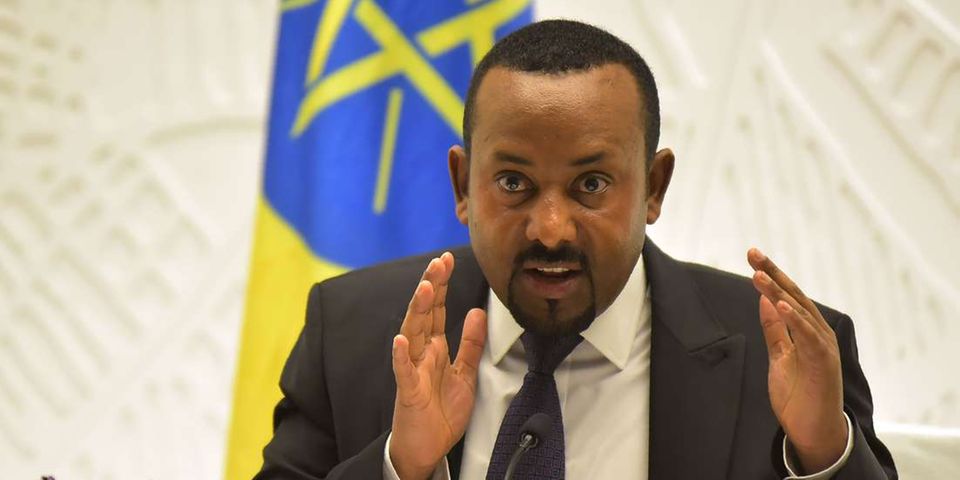Ethiopia: Prime Minister Has Failed Test of Leadership

In their widely acclaimed treatise known as The Communist Manifesto, Karl Marx and Friedrich Engels announced that the history of all hitherto existing societies is the history of class struggles. Suffice it to mention that class struggle is essentially political struggle.
The violence in Tigray region is both a class and political struggle, if we look at struggles through the prism of Marxism. The conflict has culminated in what the World Health Organisation has described as indiscriminate and targeted attacks against civilians, including rape and other horrific forms of sexual violence.
The growing concern among most observers is the way the Ethiopian government has responded to the crisis. Ethiopian Prime Minister Abiy Ahmed may not have started the conflict in Tigray but he had the constitutional and moral responsibility to minimise its consequences.
Abiy, a former soldier and war survivor, was not your garden-variety, power-hungry politician until this war broke out. His rise to power was seen as a new dawn for the country. He released political prisoners and promised to expand democratic space.
In 2019, Norwegian Nobel Committee awarded him the Peace Prize for making peace with Eritrea over boarder dispute that had lasted for more than two decades. More than a year later, Abiy is yet to live up to the will of Alfred Nobel, the Swedish Industrialist who started – among other Prizes in Chemistry, Physics, Medicine and Literature – the Peace Prize, and in whose name the Prize is named.
Sustainable peace
Last year, when Chinese billionaire Jack Ma donated medical supplies to Africa, it was Abiy who was tasked to distribute the donations to the 54 countries. To win a Nobel Peace Prize is to acquire a sort of personal integrity that inspires justice, peace, moral uprightness and honesty among one’s people and the world as a whole. Abiy Ahmed has failed the test.
The genocide in Tigray can be explained in three theories: One, through fractionalisation. This theory submits that genocide stems from ethno-linguistic contestation and grievances between groups within a country.
Shortly after Abiy became PM in 2018, a sense of marginalisation permeated the consciousness of the Oromo (the largest ethnic group in Ethiopia) who felt they had been pushed out of the center of power. Alongside the Tigrean, the Oromo directed their anger to the Amhara, Abiy’s ethnic group. Thus the war has evolved from these contestations.
The second theory argues that genocide happens when a particular group is identified as the cause of the crisis and that the solution is to eliminate the group – as was the case in Rwanda between the Hutu and Tutsi in 1994. This theory is called the scapegoat theory.
The third theory argues that genocides are motivated by power principle. As political scientist Rudolph Rummel argued; “the more power a government has, the more it can act arbitrarily in the interest of a few people.” The more accountable a government is with regard to how it uses its monopoly of violence, the less it will violate the rights of its people.
Whilst it takes more than an individual to build peace, effort from someone in position of authority is crucial in the realisation of sustainable peace.
The writer is a FirstGen Scholar and an accepted journalism student at Biola University in the United States.
By Nation.



